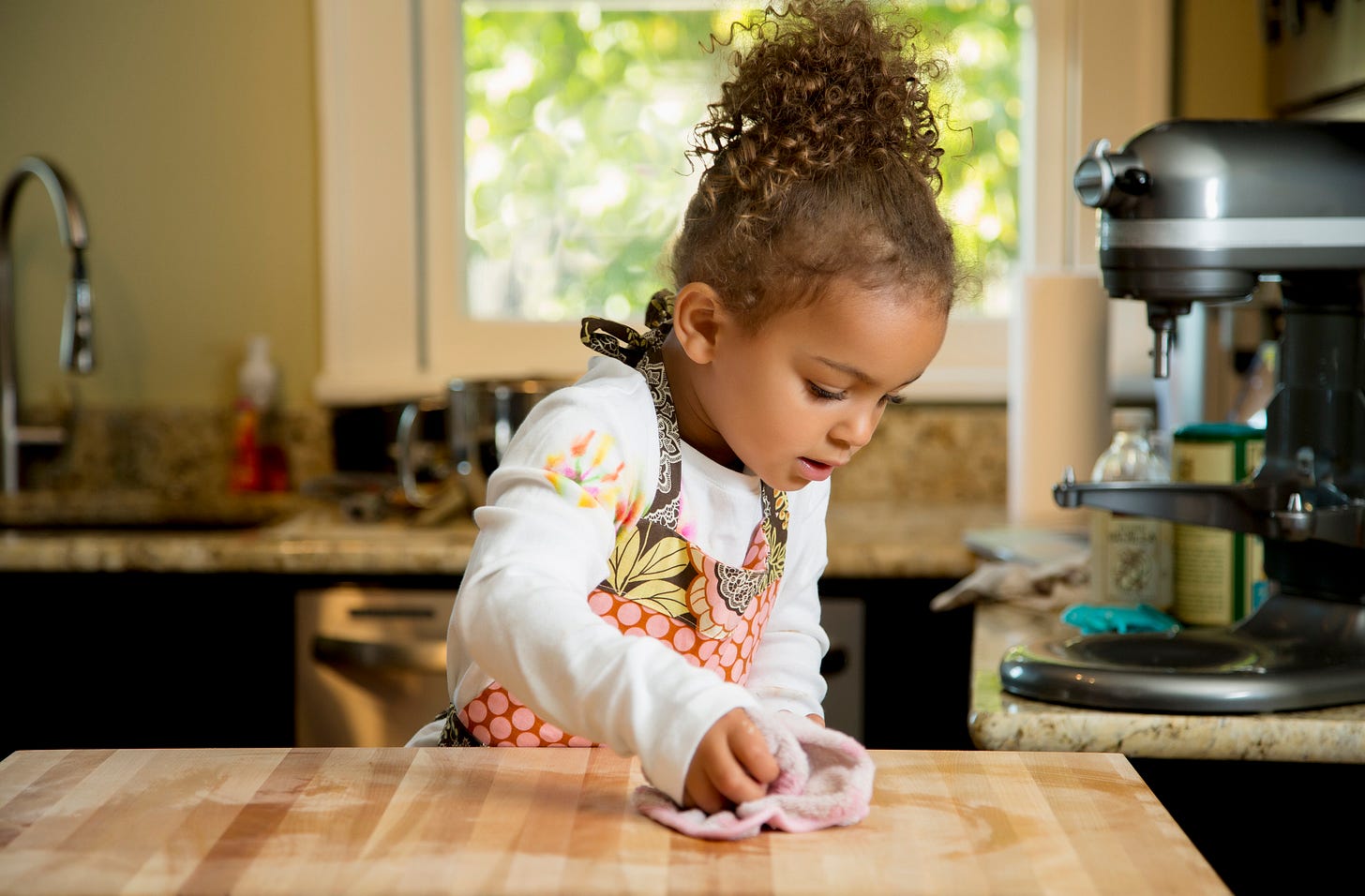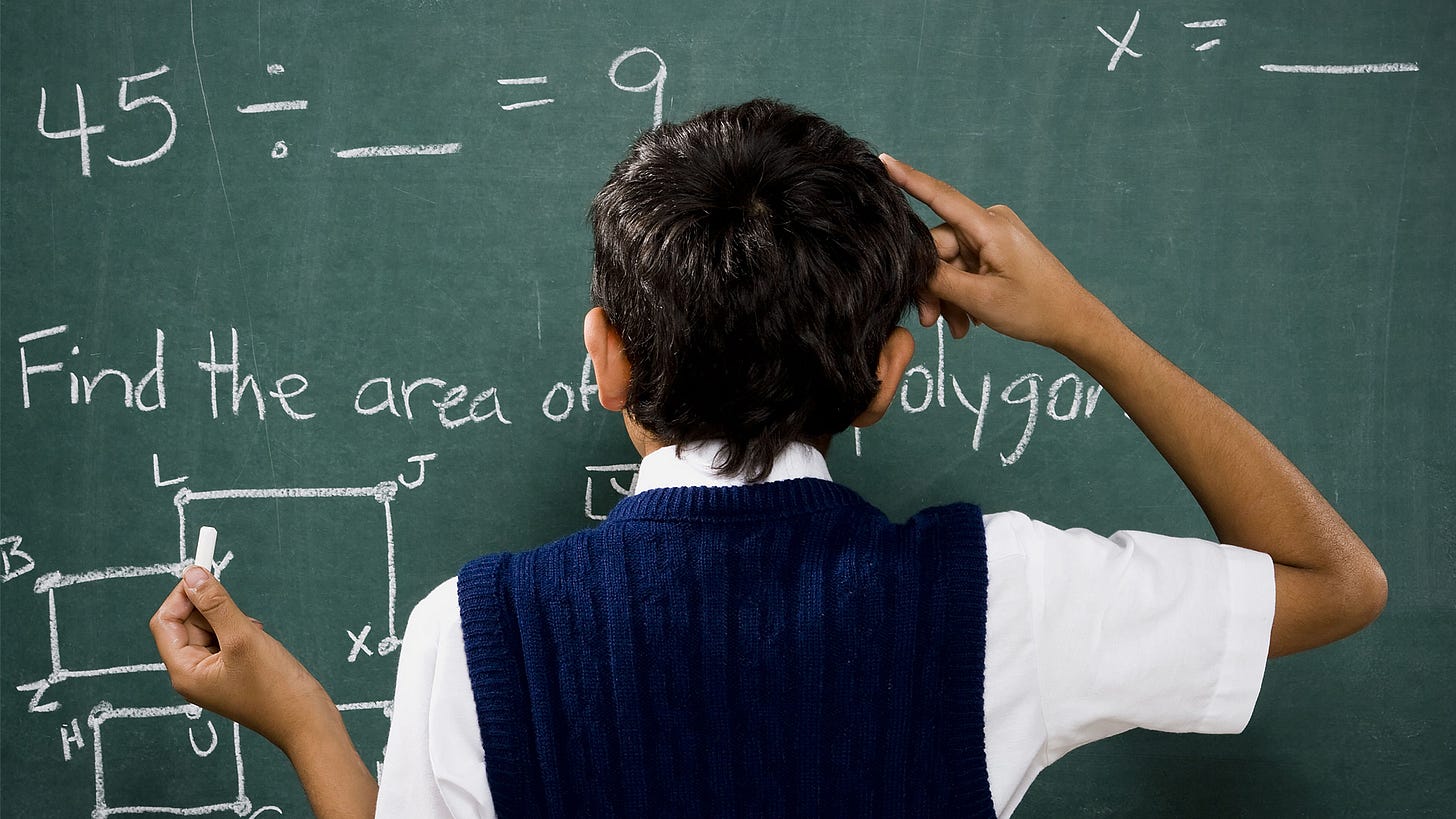Good day, good people.
Today I’m writing to you from Pittsburgh, PA. Fresh from attending the State of Black Learning conference. For three years the 8 Black Hands have done live appearances here before an ever-increasing number of sharp, dedicated, and welcoming educators. It’s one of my favorite places to be.
This year my co-host Ray Ankrum asked me to overview the state of black education briefly. I could only give a bleak response. In most years, I would have told you that the outcomes for black students are dismal. This year it’s worse than that. On top of poor test scores, we now have to contend with a national movement attempting to turn back the clock on the gains we’ve made toward securing accurate history lessons in schools and accessing the scholarship of scholars who come from our communities.
Sadly, we are not driving the national debate about what we should teach children about slavery, black history, black studies, and the major black movements that have impacted and improved the United States. A group that thinks very little of us has the power to decide how our story should be told in the context of the American story.
So, not only are schools failing to raise our young people to their highest potential, but now they will suffer the indignity of being reduced to second-class status in the education wars, the result of our history being redacted and revised by governors, think tanks, wealthy conservatives, and a media all too willing to use a “both sides” lens when covering the political equity stripping we’re confronting.
We will fight back. We will win. I’m certain.
In the long run, we always do, mostly because “the arc of the moral universe is long, but it bends toward justice,” just as Dr. Martin Luther King, Jr. told us. Just as yesterday’s enslavers and racist leaders of government and communities are in ill repute, so will their grandchildren who carry on their anti-black tradition today.
The Modern Surveillance of American Childhood
Today's American children are constantly watched, experiencing far less unsupervised freedom than past generations. While they may choose their meals or outfits, they often lack opportunities for risk-taking and independence away from adults. Experts, like developmental psychologist Mariana Brussoni, argue that independent experiences, such as resolving disputes or overcoming fears, are crucial for children's emotional and mental development. Such experiences build resilience, confidence, and problem-solving skills.
However, today's "helicopter parenting" style has become more than just a trend—an expectation. Many parents face societal pressures that discourage child independence. Parents are caught in a difficult position, from judgmental bystanders threatening to report unsupervised kids to an ingrained fear of rare dangers like kidnapping. As a result, some believe the decline in children’s mental well-being may be linked to these constraints on their freedom. The challenge is to navigate a society where overprotection is the norm and let kids reclaim their independence.
Why Kids Need More Playtime
More kids and teens in the U.S. are feeling anxious and depressed than ever before. A new study in the Journal of Pediatrics says that less playtime could be a reason.
Researchers found that kids who have less time to play and explore without adults always watching can feel more stressed. David F. Bjorklund, one of the researchers, said that kids need chances to do things independently that help them feel braver and happier.
Sadly, kids today spend more time in school and doing homework than in the past. In 2014, some schools even got rid of recess, which is a crucial time for kids to relax and play.
Bjorklund pointed out that while it's good to protect kids, they also need the freedom to grow and learn. The study suggests that doctors and schools should help kids have more independent playtime.
Tech Love
The Evolution of the Digital Footprint
Growing up in an uncertain era of internet longevity, writer Kate Lindsay recalls actively managing her digital footprint, deleting past posts to protect her image. Fast forward to today, young internet users are leaving more than just footprints; they're creating massive digital clouds filled with content. Platforms like Instagram, Twitter, and TikTok see prolific posting, with some users uploading content hundreds of times daily. Public figure Hannah Stella suggests that the sheer volume of online content has become so vast that it's becoming "meaningless sludge." As authenticity becomes a prized online trait, boundaries are being pushed, and people are sharing increasingly personal content. While certain digital blunders could still harm one's professional image, there's a growing acceptance that everyone's online presence has its quirks—employers can't fire everyone for being "weird" online.
AI in the Classroom: A Blessing or a Curse?
Social studies teacher Peter Paccone is among the many educators exploring the role of artificial intelligence (AI) in education. His recent inclusion of ChatGPT as a classroom tool reflects a larger debate: can AI be a legitimate aid, or does it simply offer students another avenue for cheating? As OpenAI.com soars in popularity, schools from New York City to Los Angeles examine the software's potential impact on education. While some see it as a risk for plagiarism, others, like Randi Weingarten of the American Federation of Teachers, view AI tools as the next logical step in classroom technology. Many applications, from generating raps about trigonometry to simplifying readings for English learners, suggest that AI's integration is inevitable and beneficial. Still, concerns about AI perpetuating educational inequalities and biases loom large. The classroom's future remains in flux as educators navigate the balance between human connection and technological advancement.
The Next Frontier in Education: The Power of AI
John Bailey writes for Education Next about the promise of generative AI. In Neal Stephenson's novel, "The Diamond Age," a young girl named Nell acquires a futuristic, interactive book. While this concept remained in the realm of fiction after the rise of the Internet and tablets, recent advancements in artificial intelligence (AI), notably with the 2022 launch of ChatGPT, suggest that such interactive, intelligent tools could soon become a reality. High-profile tech leaders have praised the potential of AI, heralding its transformative potential. Over the past year, AI innovations that can produce content responding to natural language prompts have emerged. These developments raise both excitement and concerns in the educational sector. For instance, while AI has the potential to revolutionize how students learn, critics caution against potential drawbacks like misinformation and job loss. Generative AI, a subset of AI, focuses on creating content. Large Language Models (LLMs), such as OpenAI’s GPT-4, have impressive capabilities and limitations. As AI integrates into education, it can serve various roles, from instructional assistants to administrative aids. While its potential is vast, most educators have yet to embrace these tools directly. The challenge lies in leveraging AI's potential while ensuring it aligns with sound educational practices.
The Calculus
Are Students Getting All the Math They Need to Succeed?
In a recent EdWeek Research Center survey, 56% of teachers admitted they don't teach probability, and almost 30% skip over data representation topics, even when state standards require these subjects. Similarly, 25% to 45% of teachers avoid teaching geometry topics like the relationships between two-dimensional and three-dimensional shapes or methods for measuring aspects like capacity, area, volume, and angles.
Math Anxiety Isn’t Natural
Math anxiety, experienced by a significant portion of U.S. adults and teachers, isn't solely linked to one's ability but to fear of failure before tackling math problems. Deep-rooted societal beliefs have categorized individuals as "math people" and "non-math people," driving a narrative that only some are innately equipped for math. Today, the challenge lies in reshaping this perspective, understanding that perseverance in math doesn't categorize one's intellect and that embracing math's challenges can turn anxiety into a joyous learning experience.
Study. Gender stereotypes about math anxiety: Ability and emotional components
Adolescents of both genders believe that girls experience more math anxiety than boys, aligning with the stereotype that women are more emotionally affected. Girls who adhere to these traditional beliefs show reduced confidence and performance in math, highlighting the detrimental impact of such stereotypes on math anxiety.
Tidbits
🚸 The Kids Are Going To Be Okay. Our kids have dealt with a lot between book bans, SEL bans, and school shootings. Here's why one teacher and parent thinks they'll still do just fine.
🚀 Students Excel When Expectations for Them Are High. Three New England school leaders on helping young people overcome obstacles and pursue lives of opportunity and choice.
🎓 California foster youth can now attend college for free.
🇲🇽 Mexican student overcomes language barrier, excels.
👩🎓 From Personal Struggles to Academic Triumphs. Overcoming personal hardships and driven by a passion for assisting families impacted by addiction, Katherine Holtz, a nontraditional student from Beebe, Arkansas, has graduated from UA Little Rock with a degree in social work. Her own experiences, including a challenging marriage to an addict, inspired her to bridge a gap she identified in societal support. Despite juggling responsibilities as a mother, grandmother, and student, Holtz maintained an impressive 4.0 GPA. Her journey was made easier by the supportive community at UA Little Rock, invaluable childcare assistance, and unwavering support from her family.
Podcast
LeBron James’ I Promise school in Ohio has shown lackluster student performance over the past three years, even with millions of dollars poured into wrap-around services, tutors, and housing assistance. I talk with Ravi Gupta about it on The Citizen Stewart Show.
Listen to it here:
Life
I’ve thought a lot about death lately. Not in a morbid way, but philosophically. I think about the Jim Morrison quote: “Did you have a good world when you died? -enough to base a movie on??” For me, the answer to that question is no. My life would not make a movie any more interesting than yours. But, when I think about this question of expiring, my focus is on a legacy. What will I leave behind? Will it be something of use for the generations after me?
Because of these questions, I tend to envy (or at least admire) people who have accomplished something for children that durable beyond one generation.
Pete Ruppert is one of those people. I didn’t know him, but I did a little digging after hearing about his death. He is the type of person I think about when considering what I want to leave behind. Something for children, something that boosts their learning, something that advances the cause of successfully lifting children to higher levels of learning.
That’s something better than a story worthy of a movie.
Be well, my friends.
Peace,
Chris









